Researchers at the University of Surrey, UK, have found that embracing frustration enhances creativity by transforming negative emotions into motivation for persistence.
From Jacobs University Bremen 23/11/24 (first released 12/04/23)

In order to complete a task or achieve a goal, humans can block their automatic or pre-potent reactions using the mental skill known as response inhibition.
It entails operating in a more controlled and deliberate manner as opposed to responding to impulses, inclinations, or habits.
Response inhibition is characterized by behaviors like refraining from checking one’s phone during a meeting or refraining from responding aloud to a question in class without being asked.
Thinking creatively can be significantly impacted by emotions.
Although previous studies highlighted the effects of emotional states on creativity, the interactions between specific affective, emotional states, and response inhibition remain elusive.
“Our current study extends our understanding of the distinct mechanisms of specific emotional states on divergent creative thinking and the associated responses in the context of response inhibition,” Khalil explained,
“Our data revealed that response inhibition mediates the effect of negative affect and fatigue and in fact, enhanced psychophysiological arousal on divergent thinking.”
People can unlock their creative potential and reach new heights of achievement by embracing irritation and using it as a tool to inspire fresh ideas and methods.
This assumption can lead to interesting implications for the application of potential strategy-based findings in practice, such as education, industry, and politics, particularly when creativity and innovation are necessary.
Nevertheless, creativity tasks are rarely systematically compared, therefore, further research is required in this respect.
While experiencing dissatisfaction can be frustrating, it can also be a strong catalyst for invention and creativity.
“To sum up, we must encounter unpleasant consequences, but if we handle them differently and turn them into a motivator for our persistence, we may unleash our creative potential,” said Khalil.
More info
You may also be curious about:
-

Chemists create world’s thinnest spaghetti
-

Researchers discover why mushroom supplement slows prostate cancer
-

Wave-predicting robots could cut green energy costs
-

One genomic test can diagnose nearly any infection
-
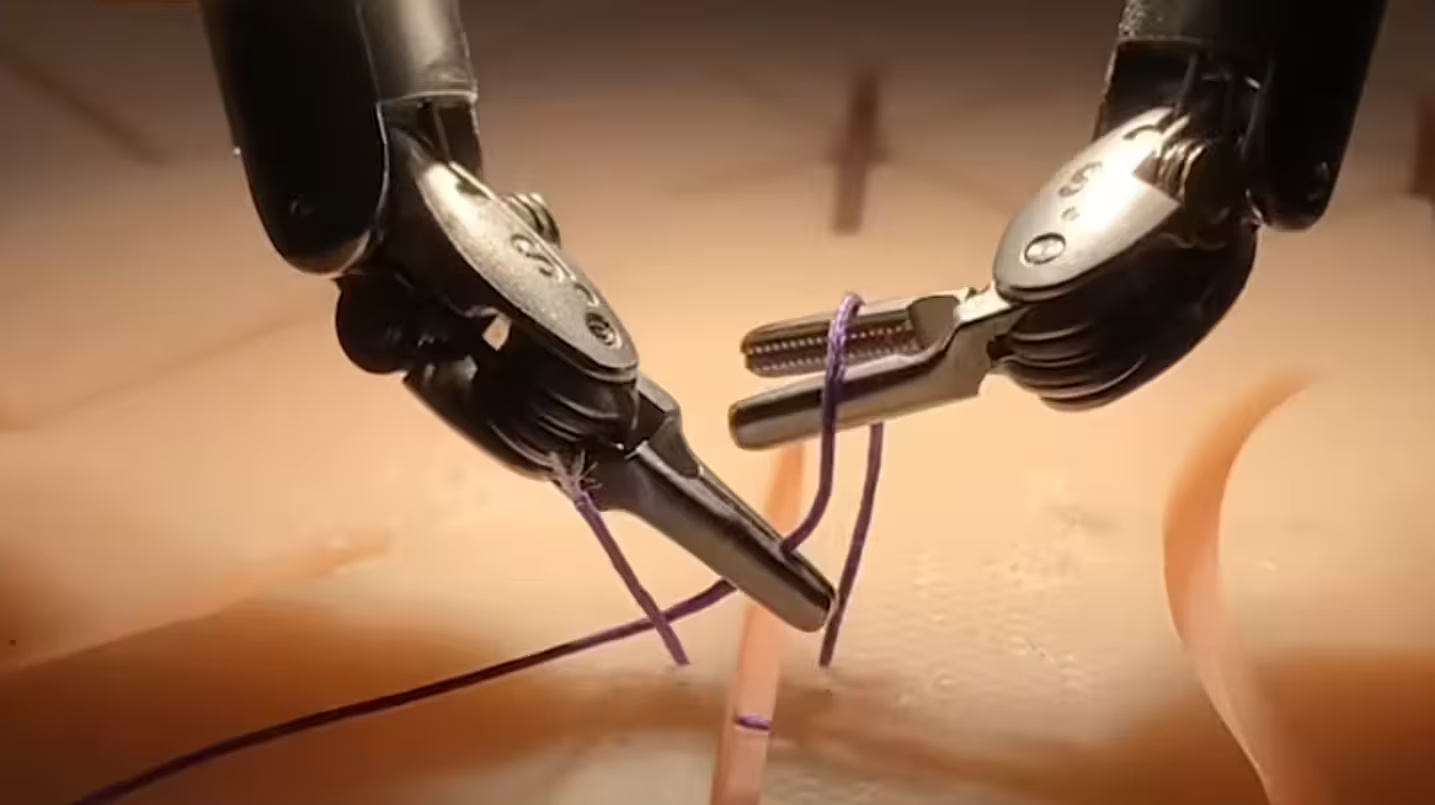
Robot that watched surgery videos performs with skill of human doctor
-
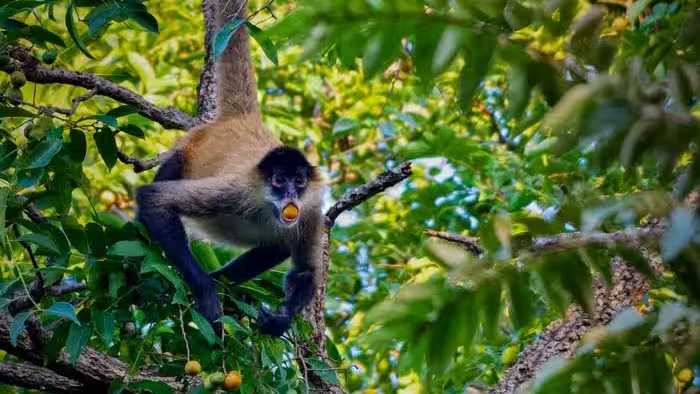
Alcohol consumption among animals may not be as rare as previously thought
-
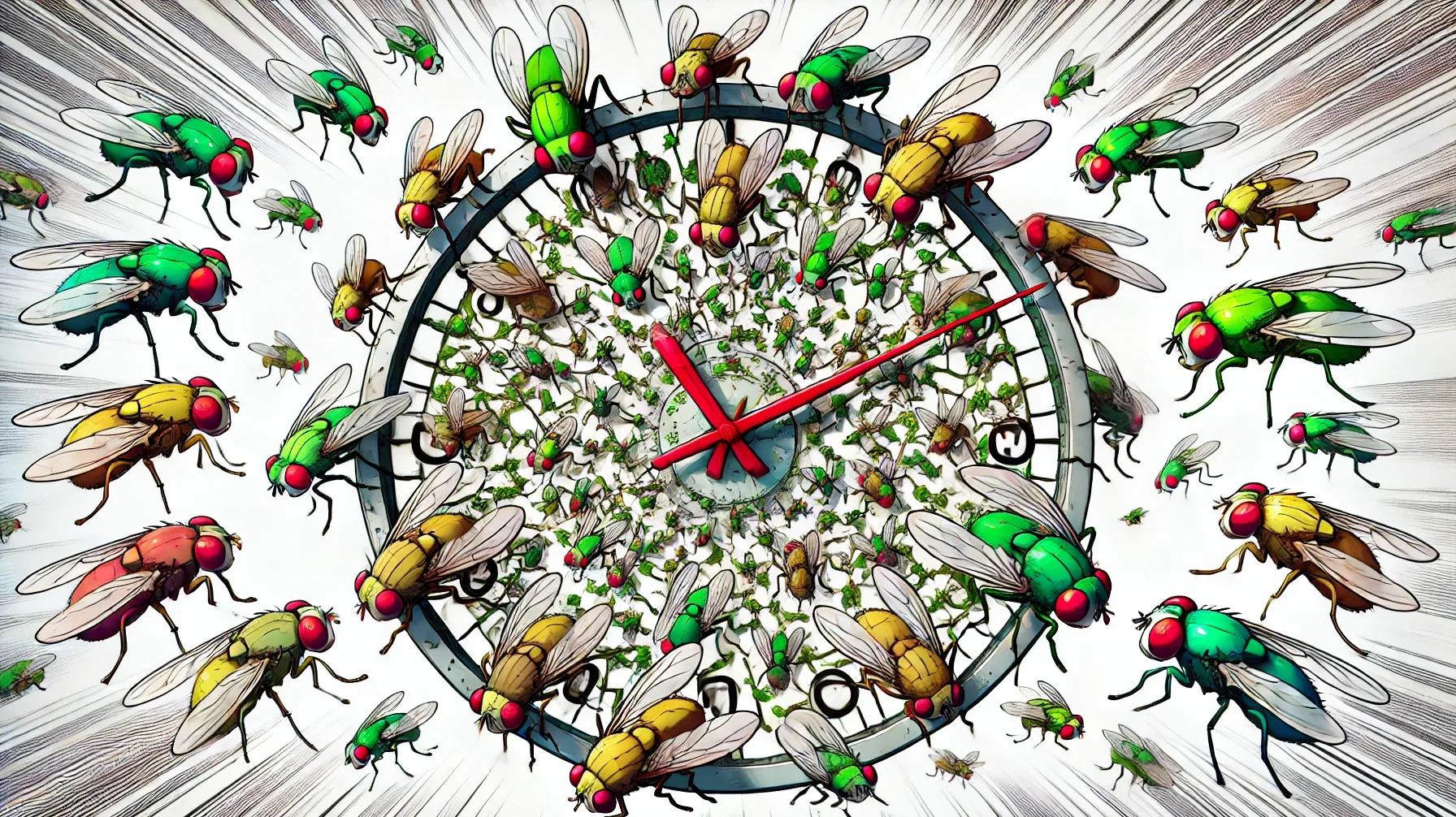
Scientists can reverse brain aging in fruit flies by preventing buildup of a common protein
-
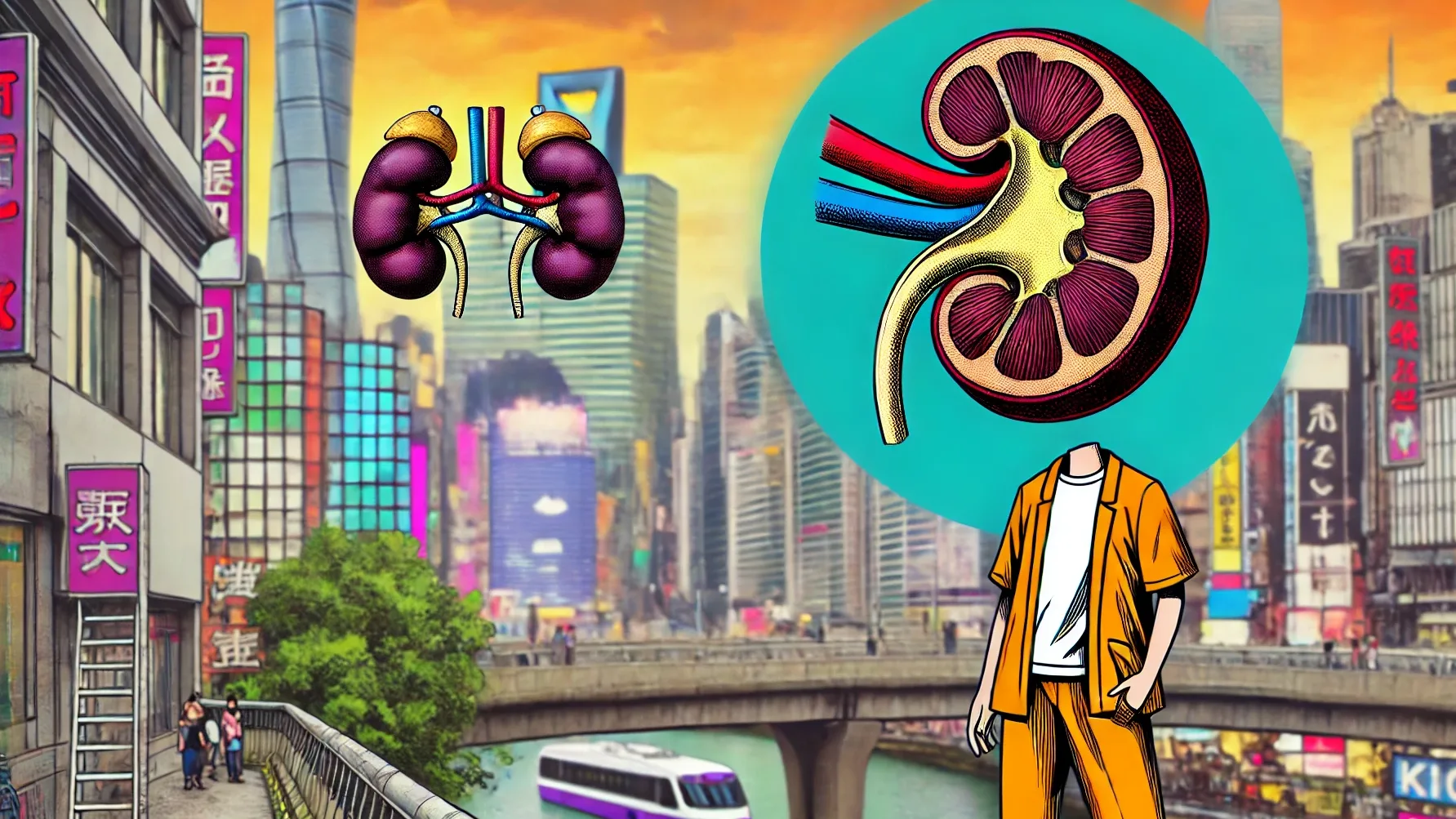
Other body parts form memories, not just the brain
-
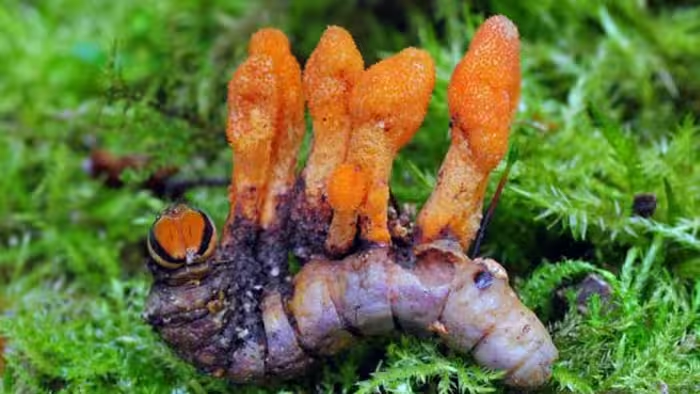
Research shows caterpillar fungus can slow down growth of cancer cells
-
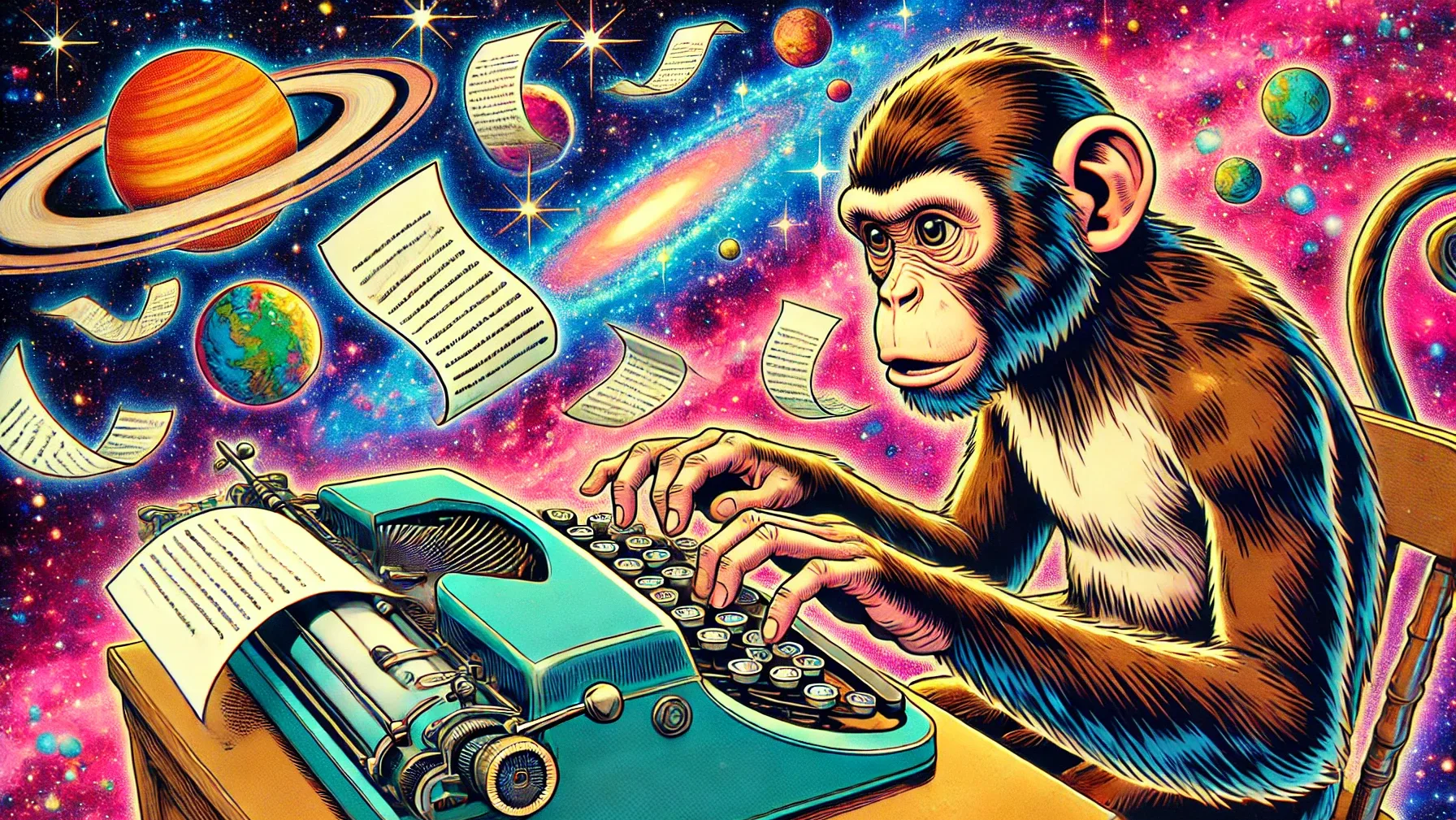
It’s not to be. Universe too short for Shakespeare typing monkeys
-
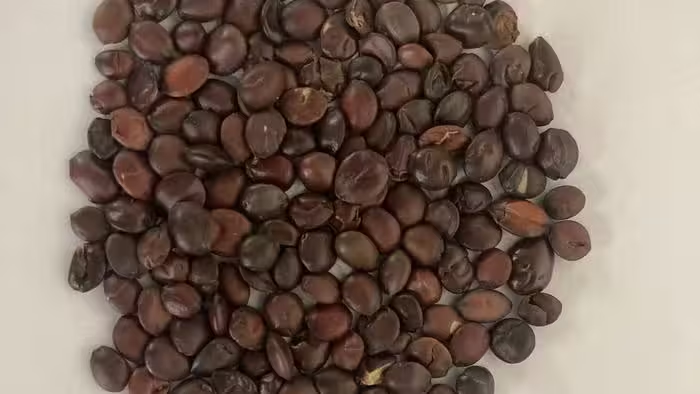
Chinese herbal medicine’s potential in preventing dementia
-
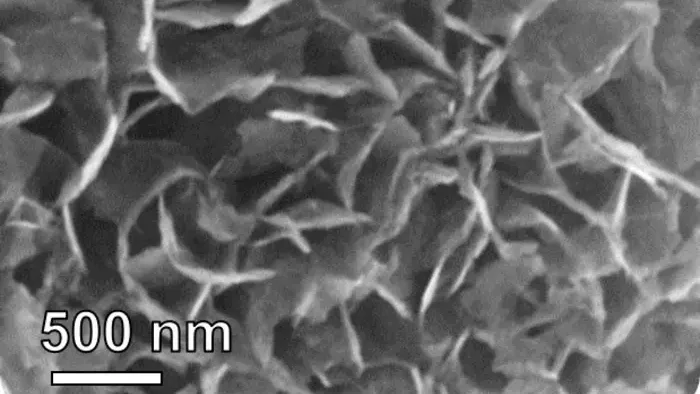
Detecting evidence of lung cancer in exhaled breath
